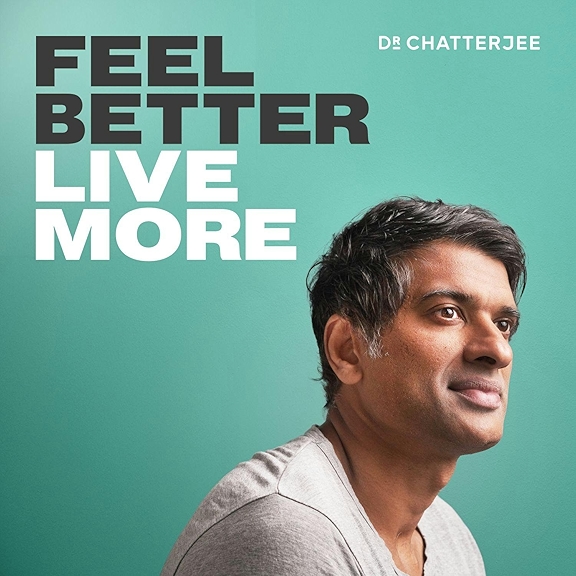
Menopause information is everywhere—some good, some bad, and all of it confusing. Many authorities call this unpleasant syndrome “natural” and recommend ignoring it. But hormones greatly improve women’s health and menopause symptoms.
June is 49: She started estradiol, progesterone, and testosterone eight weeks ago: Hey, doing well on my hormones. About two months in now. My energy is up, as is my sex drive and my enjoyment of it. My muscle tone and skin look great, and some old friends I gathered with on the East coast last week accused me of having an aging painting of myself in a closet somewhere. I’m still having hot flashes at night and wonder if I should adjust my estrogen up some? My reply was: Increase your estradiol to two mg each morning. We may decide to increase your progesterone and will check your levels on your next office visit.
How the female reproductive system works: Young women start with hundreds of ova or eggs. Each cycle, the uterus is prepared for a potential baby and one ovum is used. As women mature, usually in their mid-40s, the eggs run low and periods become irregular. After the eggs are gone, the cycles stop but some hormone production persists as long as the ovaries are not cut out.
This is the “change of life.” Progesterone levels typically fall and estrogen production continues. Some women get depression, anxiety, irritability, and sleep disturbance. Other symptoms include bloating, acne, breast tenderness, and heavy, irregular menstrual periods.
At about age 50, women “fall off a hormonal cliff.” As all their hormones decline, full menopause develops. Many are miserable and have intense hot flashes. After a few last irregular periods, they are in complete menopause, defined as a year without a menstrual cycle. Their symptoms are usually more dramatic and unpleasant than men’s at the same age and often more severe than any pre-menstrual syndrome (PMS) they had earlier in their lives.
For the first several years, most women need only progesterone. As menstrual periods slow and stop, estrogen and the other hormones should be added. Estradiol has the strongest effect on hot flashes. Testosterone improves strength, alertness, sexuality, and helps with bladder and vaginal symptoms. Since it transforms into estrogen, it protects the heart in both sexes. Patients who want simplicity or are on a tight budget sometimes use it as the sole therapy.
Janice, 64, watched her husband die of lung cancer two years ago after a three-year illness and has been “out of gas” ever since. She said she was “done with men,” so she flew to Los Angeles to have her breast implants taken out. Because Janice had fatigue, depression, anxiety, and no interest in sex, I discussed menopause therapy with her. She agreed to try. So I wrote a prescription for estradiol and progesterone and placed a testosterone pellet. Janice called four months later—she had a new boyfriend and felt great. She is returning to have her implants replaced.
Hormone supplementation slows and may prevent:
✪ Alzheimer’s disease (AD).
✪ Heart disease
✪ Fatigue, depression, sleep disturbance, anxiety, and irritability.
✪ Bone loss, osteoporosis, and increased chance of fractures.
✪ Skin problems including thinning, wrinkling, itching, sagging, easy injury, and loss of elasticity.
✪ Thinning of joint cartilage. Tooth loss and gum disease.
✪ Vaginal area difficulties: dry, thin, and inelastic.
✪ Spontaneous urination during coughing or lifting.
✪ Sexual decline including painful sex.
Linda is a 63-year-old registered nurse: Testosterone makes me feel sexy and gives me an overall feeling of well-being. My strength and muscle tone improve, e




















